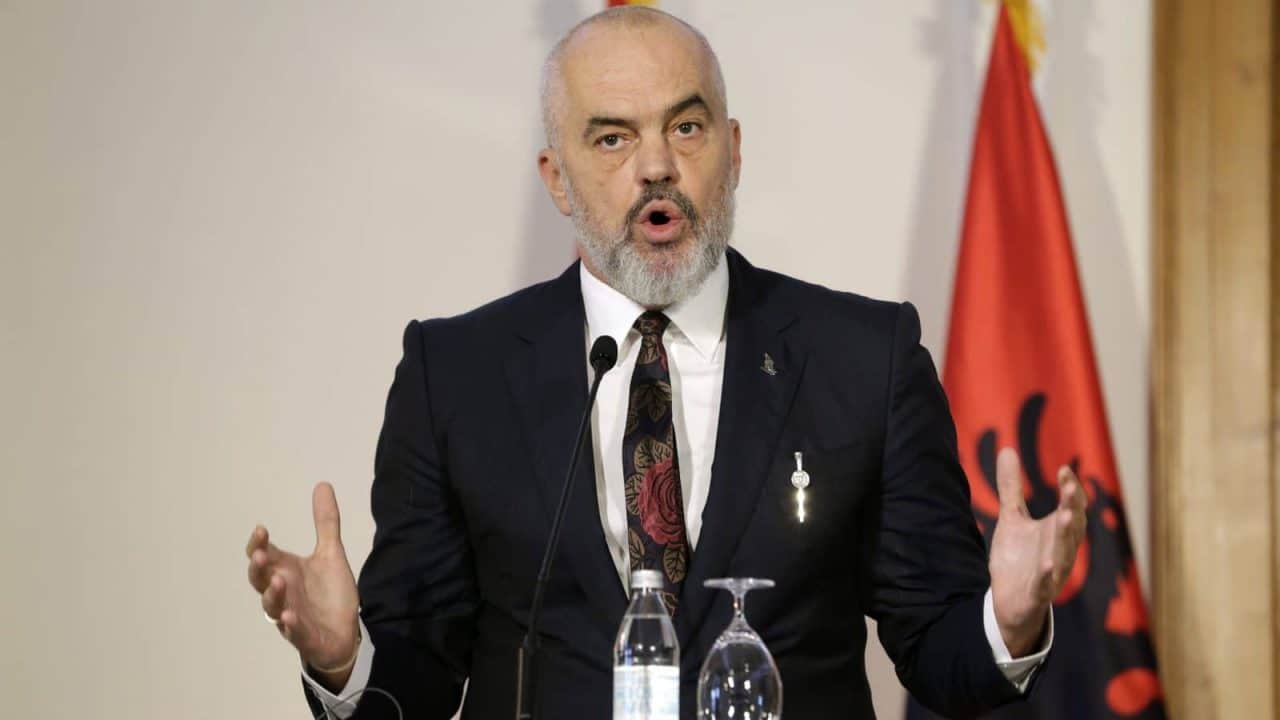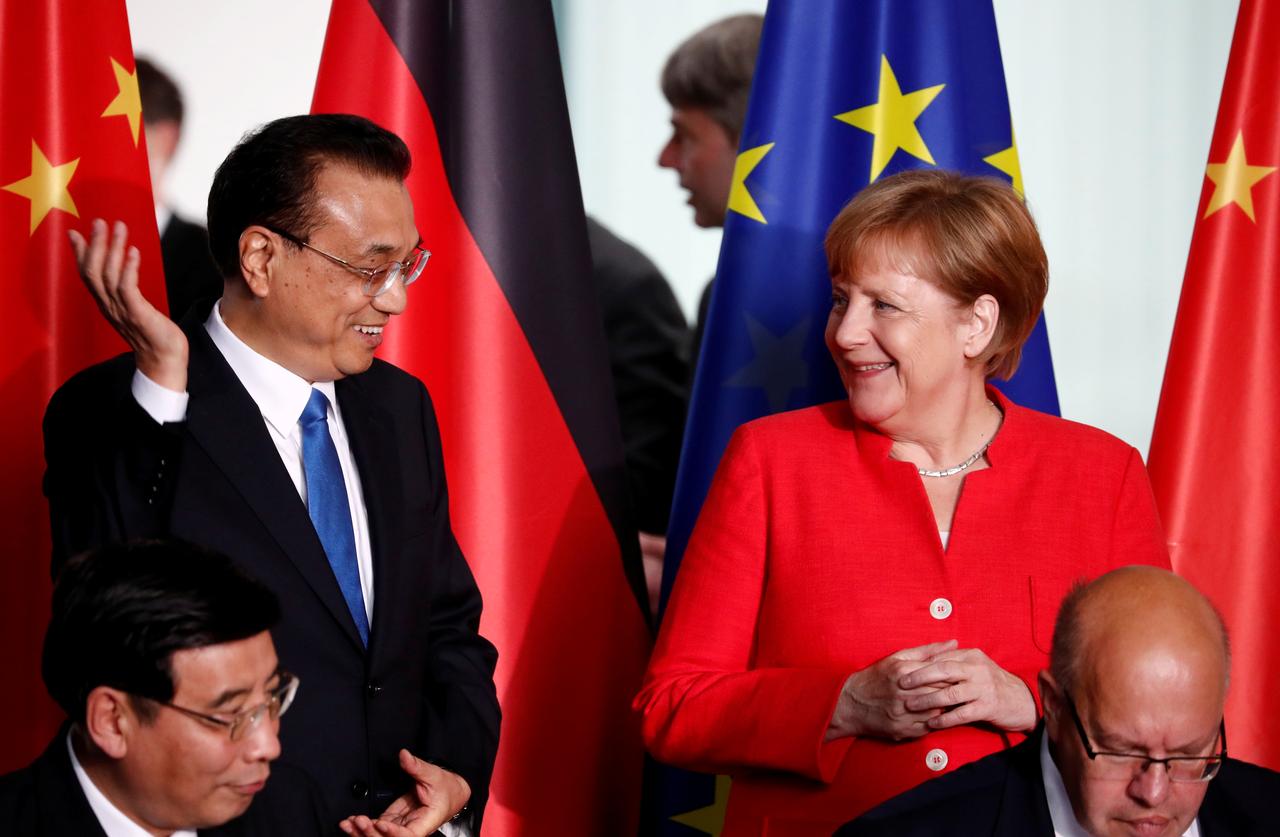Eurasianet (17 October 2019)
by Joshua Kucera
An elite team of American special forces airdrops into Azerbaijan to defend a strategic power plant against “enemy” “Armenian militia” who have taken it over in an attempt to force concessions over Nagorno-Karabakh.
That’s the plot of a new product from the U.S. military-entertainment complex, an episode from the TV drama Seal Team that aired October 16. The show’s geopolitics caused an immediate controversy among Armenians and speculation that Azerbaijan may have somehow had a hand in developing the scenario.
Seal Team – a middle-of-the-rankings show that averages about five million viewers per episode – follows a band of Navy Seals around the globe as they defuse one conflict after another. Given the number of hot spots the team churns through it is probably inevitable that they would hit the Caucasus, but their take on the conflict took a noticeably pro-Azerbaijani framing.
“Twelve hours ago, Armenian forces violated their ceasefire with Azerbaijan in the disputed Nagorno-Karabakh region,” the team’s intel officer says as she briefs the sailors.
“That’s a dangerous game of chicken,” one Seal observes. “Why the hell do we care about turf wars between countries that I can’t even spell?” asks another in a good-ol’-boy accent.
The no-nonsense intel officer educates him: “Azerbaijan is our only ally in the Caspian Sea… With Russia and Iran stirring the pot, we really don’t want to lose any traction.”
Someone has taken advantage of the ceasefire violation somehow to plan an attack on a critical power plant in Azerbaijan, and the Seals are flying across the ocean to prevent the attack. Who are the potential suspects? “Armenian loyalists, Shiite militia, foreign powers looking to reduce American influence in the region,” the intel officer suggests. (It is perhaps noteworthy that the fact that Azerbaijan is itself majority Shiite is never mentioned.)
Eventually the team settles on the explanation that the attackers are an “Armenian militia,” seeking to “hold the plant and use it to force concessions over Nagorno-Karabakh.”
Nearly all of this geopolitical exposition was laid out in a brief scene, a clip of which was tweeted by Azerbaijan’s consul to Los Angeles, Nasimi Aghayev, just before the show aired.
No comments yet.
-
 ALBANIA BLAMES LIKELY ACCESSION TALKS ‘NO’ ON DIVIDED EU
The Balkans
17.10.2019
ALBANIA BLAMES LIKELY ACCESSION TALKS ‘NO’ ON DIVIDED EU
The Balkans
17.10.2019
- MEETING OF KYRGYZ, TAJIK BORDER DELEGATIONS Central Asia 17.10.2019
-
 GERMAN EU PRESIDENCY TO HOLD EU-CHINA SUMMIT IN LEIPZIG
Europe - EU
17.10.2019
GERMAN EU PRESIDENCY TO HOLD EU-CHINA SUMMIT IN LEIPZIG
Europe - EU
17.10.2019
- ARMENIAN PRESIDENT RECEIVES LORD DARZI The Caucasus and Turkish-Armenian Relations 17.10.2019
- EXCLUSIVE: IRAN-BACKED MILITIAS DEPLOYED SNIPERS IN IRAQ PROTESTS - SOURCES Iraq 17.10.2019
-
25.01.2016
THE ARMENIAN QUESTION - BASIC KNOWLEDGE AND DOCUMENTATION -
12.06.2024
THE TRUTH WILL OUT -
27.03.2023
RADİKAL ERMENİ UNSURLARCA GERÇEKLEŞTİRİLEN MEZALİMLER VE VANDALİZM -
17.03.2023
PATRIOTISM PERVERTED -
23.02.2023
MEN ARE LIKE THAT -
03.02.2023
BAKÜ-TİFLİS-CEYHAN BORU HATTININ YAŞANAN TARİHİ -
16.12.2022
INTERNATIONAL SCHOLARS ON THE EVENTS OF 1915 -
07.12.2022
FAKE PHOTOS AND THE ARMENIAN PROPAGANDA -
07.12.2022
ERMENİ PROPAGANDASI VE SAHTE RESİMLER -
01.01.2022
A Letter From Japan - Strategically Mum: The Silence of the Armenians -
01.01.2022
Japonya'dan Bir Mektup - Stratejik Suskunluk: Ermenilerin Sessizliği -
03.06.2020
Anastas Mikoyan: Confessions of an Armenian Bolshevik -
08.04.2020
Sovyet Sonrası Ukrayna’da Devlet, Toplum ve Siyaset - Değişen Dinamikler, Dönüşen Kimlikler -
12.06.2018
Ermeni Sorunuyla İlgili İngiliz Belgeleri (1912-1923) - British Documents on Armenian Question (1912-1923) -
02.12.2016
Turkish-Russian Academics: A Historical Study on the Caucasus -
01.07.2016
Gürcistan'daki Müslüman Topluluklar: Azınlık Hakları, Kimlik, Siyaset -
10.03.2016
Armenian Diaspora: Diaspora, State and the Imagination of the Republic of Armenia -
24.01.2016
ERMENİ SORUNU - TEMEL BİLGİ VE BELGELER (2. BASKI)
-
AVİM Conference Hall 24.01.2023
CONFERENCE TITLED “HUNGARY’S PERSPECTIVES ON THE TURKIC WORLD"









